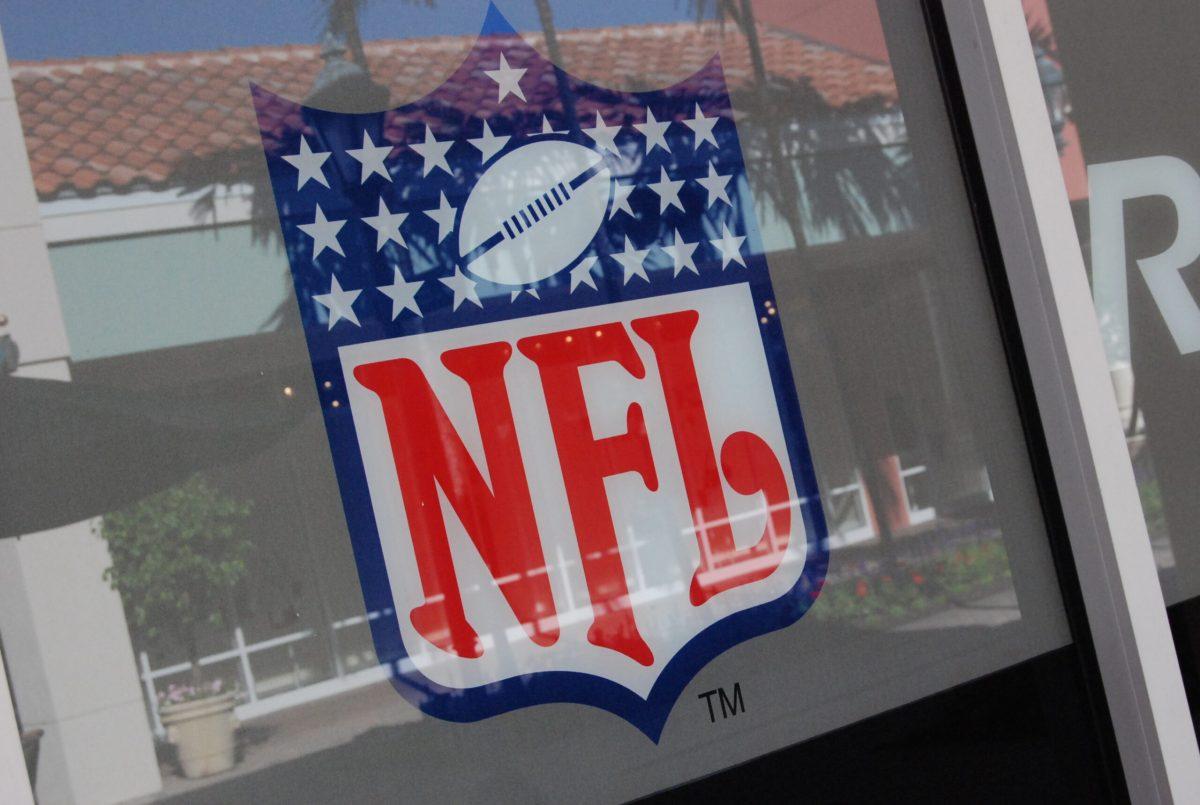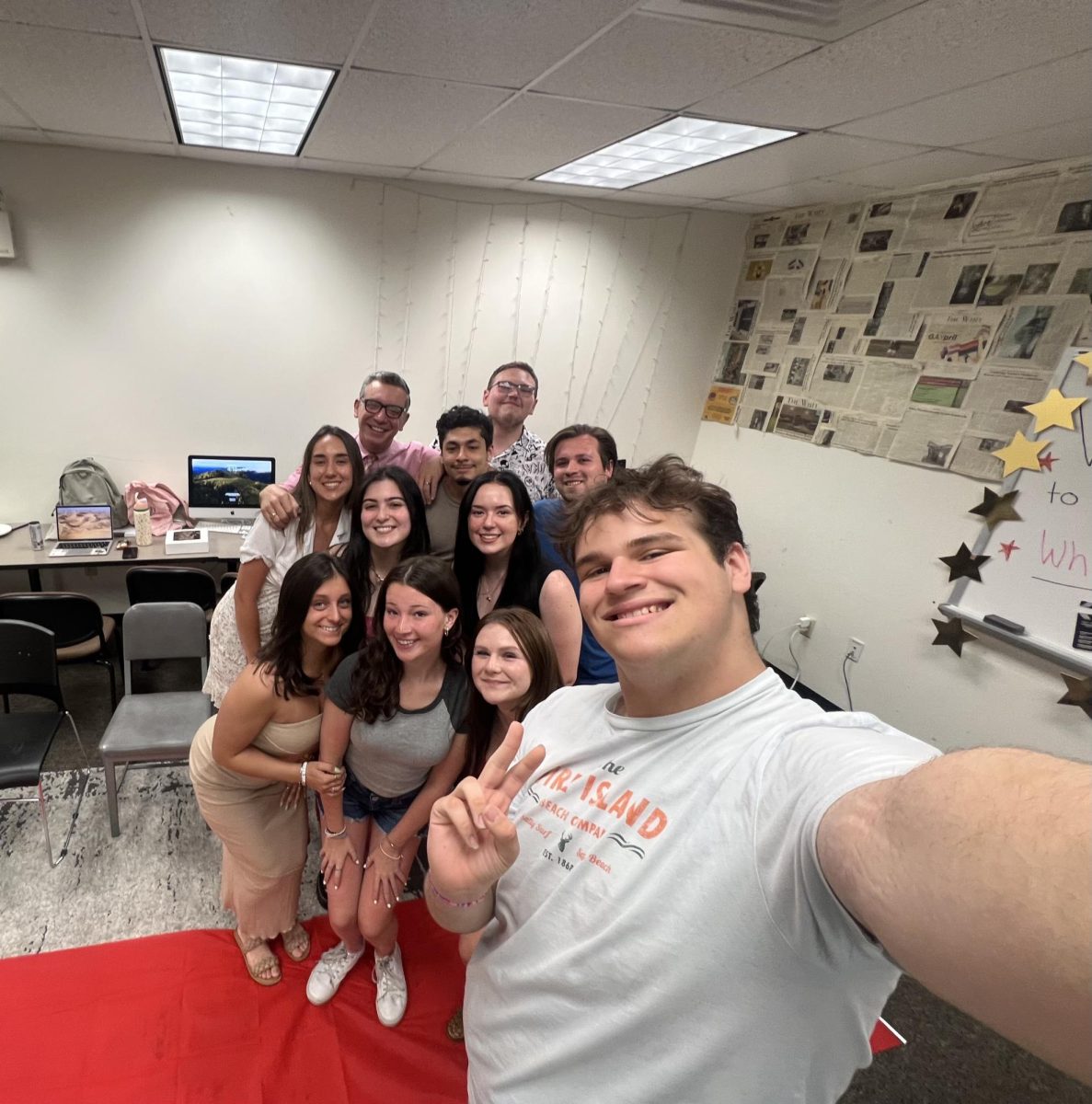All the way to the end, till the very-last snap, it was a nail biter. But somehow the Philadelphia Eagles prevailed, as 4.5 point underdogs, winning the city’s very first Lombardi Trophy.
Journeyman, former Eagles’ player, starting quarterback Nick Foles had another phenomenal 2018 postseason game and came away with Super Bowl MVP honors. Foles was an Eagles’ 3rd-round pick from Arizona in 2012 and made the NFC Pro Bowl the next year. Despite being traded to St. Louis, then going to Los Angeles and Kansas City, the Eagles brought him back to back up 2016 number-two overall pick Carson Wentz.
Wentz, who was on pace this season to be an MVP finalist, tore multiple ligaments in his knee and ended his season because of it. Foles took over like he hadn’t missed a step from 2013 and played with confidence and control.
The majority of football fans know what Patriots’ future Hall-of-Fame quarterback Tom Brady can accomplish against adversity, no matter the roster. Coming into the postseason, he already won five titles, NFL MVP twice and made several AFC Pro Bowl teams. But could Foles also win a title in the face of adversity, put the team on it’s back and outlast Brady?
To critics and analysts, it didn’t seem likely.
To say the least, it was a gunslinger all the way. Neither defense, minus a big play at the end by Brandon Graham to seal the Eagles’ victory, showed up. But it sure was fun to watch. 103.4 million people, the viewership of the game, will probably agree.
Coming into the game, both teams were without significant players. The Eagles were without Wentz, All-Pro tackle Jason Peters, Pro Bowl back Darren Sproles, kicker Caleb Sturgis, linebacker Jordan Hicks and team captain/defensive back Chris Maragos.
Meanwhile, the Patriots were without the services of wide receiver Julian Edelman and linebacker Dont’a Hightower. And despite being given a clean bill of health, for reasons unknown, cornerback Malcolm Butler was benched.
Some people enjoy Super Bowl halftime shows, some watch it partially for the game and partially for the entertaining commercials, but it was a treat to Eagles fans, Patriots’ fans, and NFL diehards to watch.
Foles never backed down from Brady, despite the latter setting a Super Bowl record 505 passing yards and breaking a 31-year-old record for passing yards in a playoff game. Brady threw for three touchdowns, despite dropping a pass from wideout Danny Amendola, while four different New England receivers had 100 or more receiving yards. As a whole, the Eagles allowed 613 yards, which is the most yards allowed by a team who won the game.
Previously, teams were 0-41 in that scenario. The 1,151 total yards amassed by both teams set an all-time NFL record for either a regular season or postseason game.
With Brady’s 500+ passing yards, teams that throw for that amount in a game are 11-5 all-time, including in the postseason. Amendola’s incompletion to Brady marks the only time in Patriots’ postseason history that a wide receiver had both at least one pass attempt to a quarterback and five catches in a game.
Both team’s offenses were fortunate to be playing in a dome stadium, Minnesota’s U.S. Bank Stadium, as it was 0 degrees out at kickoff. It was referee Gene Steratore’s first game as a Super Bowl referee. Prior to that, he officiated two Conference Championship Games [2006 and 2014].
Despite their defense giving way to Brady’s record-setting passing yards and demolition, Philadelphia was aggressive, as they’ve been all-year long. Coaching against perhaps the greatest Super-Bowl-era coach ever, Bill Belichick, Doug Pederson pulled out all the stops. From throwing New England’s defense off guard, to going for it on fourth down and more.
This season, Philadelphia ranked third best in 4th-down efficiency [65.4 percent; 17/26]. They were the best team in the red zone, at 65.5 percent [36/55], meanwhile New England ranked fifth best [60 percent]. On the night, Philadelphia went an impressive 10/16 on third down and they converted both of their fourth-down tries. One of those was a pivotal, yet courageous move by Pederson, attempt with 5:39 left.
Philadelphia had the lead for most of the game, but New England staved off Philadelphia’s secondary and began mounting a comeback.
On 4th-and-1, on their own 45-yard-line, losing 33-32, Foles shifted to his left and threw a perfect 2-yard spiral to Zach Ertz. 7 plays and 2:27 minutes later, Ertz ran a slant and slid past Pats’ safety Devin McCourty for the final touchdown of the game. Although the ball touched the ground, Ertz was ruled a runner, so the touchdown stood. For the game, he had seven catches, 67 yards and one touchdown. Philadelphia was 2:21 away from being victorious.
A huge impact in the win for Philadelphia was their stout offensive line and overall blocking, one of their biggest strengths all season long. Out of Foles’ 43 drop-backs, he was pressured on only 14 occasions. In the pocket, he went 21/29, with 280 yards, two touchdowns and a 125.6 passer rating.
Fellow tight end, New England All-Pro, Rob Gronkowski was shut down in the first half, catching only one pass for nine yards, having to resort to blocking, unsuccessful in seam routes. He broke out, however, in the second half, catching eight passes and accumulating 116 receiving yards. He now has 12 career postseason touchdowns.
Perhaps the biggest play of the game is what’s known as “the Philly Special,” a trick play by Philadelphia that they used in the red zone on 4th down. On the 1-yard-line, most coaches typically go the safe route and run the ball. Pederson and Foles mutually agreed to run the play, regardless of the scenario and knowing full well of what the momentum might or might not dictate.
The play called for a fake reverse run. With rookie back Corey Clement staged behind Foles, the ball was snapped, with Foles moving to his right, with Clement giving the ball to tight end Trey Burton. Burton threw a perfect lob to Foles, with 38 seconds left in the first half, to give the team a 21-12 lead. According to Burton, the play originally called for him to run the ball. Burton was a former quarterback in his rookie season at Florida in 2010.
And the rest is history.
After Brady had torched Philadelphia’s pass defense, statistically ranked as one of the best in the league, the unit made the biggest play of the game/season. Five seconds after Ertz’s touchdown, edge defender Brandon Graham sacked Brady and forced a fumble, which was recovered by fellow defensive end Derek Barnett. It was the only sack of the game.
All-Pro defensive tackle Fletcher Cox hurried Brady on five instances, while Graham pressured him seven times, in addition to his strip-sack.
For reasons unknown, both kickers [Eagles’ Jake Elliott and New England’s Stephen Gostkowski] missed an extra point, while Gostkowski missed a routine 26-yard field goal attempt. Over the past 23 years, it marked only the third time that a Super Bowl kicker missed the extra point. Elliott’s 46-yard kick with 1:10 left sealed the win, forcing New England to have to both score and convert a two-point attempt.
The ending was classic. 1:05 left, Tom Brady had not only plenty of time on the clock but sufficient time in the pocket to get the ball out. Prior to the loss, Brady had a career 42 fourth-quarter comebacks and 53 game-winning drives. After three straight completions to Amendola and Gronkowski, Brady ended the game with an incomplete 51-yard hail-mary pass.
Neither punter got much work. New England became the first Super Bowl team ever to play the game without punting.
Despite losing the game, according to a Forbes oddsmakers’ report, New England is the favorite to win the big game next year [+350], with Green Bay [+800] and Philadelphia [+850] rounding out the top three, respectively. Over the past decade, teams that were underdogs in the Super Bowl were 6-4. There hasn’t been a team since 2005 that won back-to-back titles [ironically, that year New England beat Philadelphia].
Next year’s game, on Feb. 3, will be played in Atlanta’s Mercedes-Benz Stadium. No NFL team has ever played a Super Bowl in their own stadium.
To celebrate the victory, there were at least almost two, if not more, million Eagles’ fans at the parade last Thursday morning.
News and Notes:
-It was not only Philadelphia’s first Lombardi Trophy but their first championship since 1960 (versus Vince Lombardi’s Packers).
-The Eagles are the only NFL franchise to beat both Hall-of-Fame coach Vince Lombardi and coach Bill Belichick; a future HOFer himself.
-Foles became the seventh QB in the Super Bowl era to win a title as the team’s backup.
-This game set an all-time record for most combined yardage [1,151].
-The 74 combined points in a Super Bowl scored rank second most all-time [SB XXIX had 75].
-The eight-point difference is the highest mark for the Patriots in the Super Bowl Brady/Belichick era [eight total games].
-The previous record for the two was by six points, which occurred last year during their 34-28 victory over Atlanta.
-With the win, Philadelphia’s title drought is erased; Cleveland and Detroit are the only remaining franchises with the longest amount of years without a Super Bowl win [101 seasons combined].
-The win equals Philadelphia’s only second pro sports title over the past 35 years [Phillies in ‘08].
-With the loss, New England is tied with Denver for the most Super Bowl losses [5].
For questions/comments about this column, email [email protected] or tweet @TheWhitOnline.

























































































































































!["Working with [Dr. Lynch] is always a learning experience for me. She is a treasure,” said Thomas. - Staff Writer / Kacie Scibilia](https://thewhitonline.com/wp-content/uploads/2025/04/choir-1-1200x694.jpg)










































